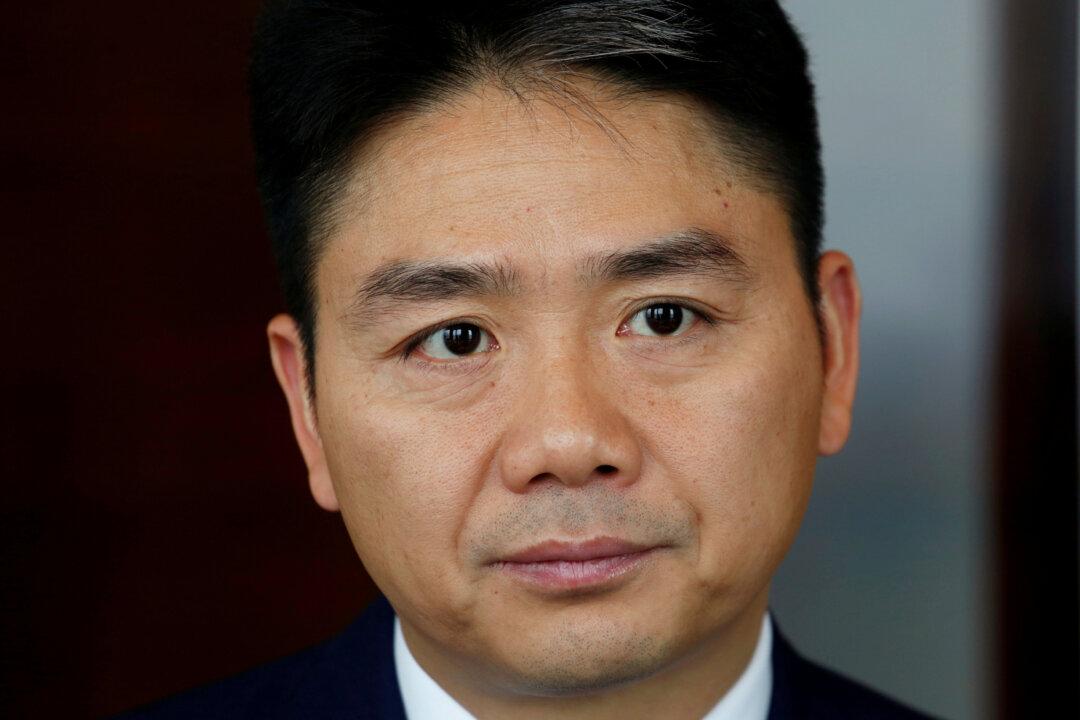SHANGHAI—Richard Liu, the founder and chief executive of Chinese e-commerce company JD.com, has resigned from the advisory body to China’s parliament for “personal reasons,” state broadcaster CCTV reported on Nov. 7.
Leaders of the Chinese People’s Political Consultative Conference, or CPPCC, accepted Liu’s resignation at a meeting on Thursday, it reported.





